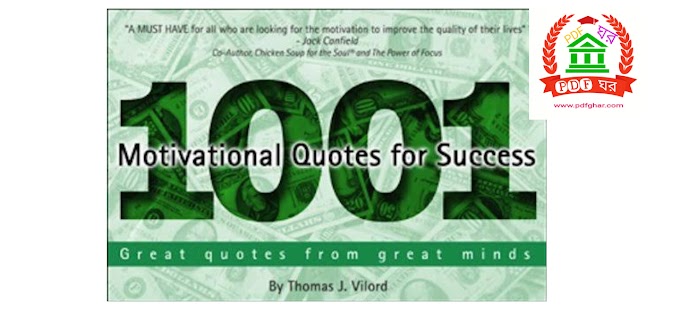Ad Code
Random Posts
3/random/post-list
Popular Posts
Search This Blog
Archive
Labels
Labels
An ABC of English Literature - 4th Edition PDF Download
BCS Study
June 19, 2020
Literary Terms
Alliteration:
Repetition of a consonant at the beginning of two or more words or stressed syllables. Notice the following examples:
"Puffs, powders, patches, Bibles, billèt-doux". (Pope: The Rape of the Lock),
Here "p" has bcen repeated thrice and "b" twice. So there are two cases of alliteration in this line.
More examples:
The fair breeze blew, the white foam flew,
The furrow followed free;
(Coleridge: "The Rime of the Ancient Mariner")
Here “f" and "b" have been repeated.
"To spend too much time in studies is sloth;"
(Bacon: "Of Studies")
Here "s" has been repeated.
"Bluc, glossy green, and velvet black,"
(Coleridge: "The Rime of the Ancient Mariner")
In this line two words begin with "b" and two words with "g". In the word "velvet", "v" is repeated at the beginning of two stressed syllables-"vel" and "vet".
Similar alliteration is in each of these words: fulfil, fruitful, bramble, disdain, etc.
How often do we use alliteration? Look at these: Good God, be beauty, World Wide Web (www), Mickey Mouse, Bangladesh
American Airlines, etc. Alliteration is used for musical effees
[sec also Assonance, Consonance]
Allusion:
An implicit or indirect reference to another work of literature, historical or mythical person or event.
Example:
Not half so fixed the Trojan could remain,
While Anna begged and Dido raged in vain.
(Pope: The Rape of the Lock Here is an allusion to the dilemma of Aeneas, the hero of Virgil's Aeneid. Aeneas falls in love with Dido, the queen of Carthage. Dido implores Aeneas to marry her and get settled permanently in .Carthage. Aeneas was in dilemma. He had a noble duty to find out new territory for the Trojans. But he was also deeply in love with Dido. He was torn between love and duty. However, he finalt decides to continue his voyage in search of a permanent empire fo the Trojans. This dilemma of Aeneas has been recalled heresuggest the intensity of Belinda's crisis.
More examples:
The wingéd boy I knew;
But who wast thou, O happy, happy dove?
(Keats: "Ode to Psyche)
The "winged boy" is an allusion to Cupid, the god of love. Perhaps the selfsame song that found a path
Through the sad heart of Ruth, when, sick for home, She stood in tears amid the alien corn;
(Keats: "Ode to a Nightingale")
These lines allude to the suffering of Ruth, a character of the Old Testament.
Ratings:
Platform:
AndroidRandom Posts
3/random/post-list
Recent in War
3/War/post-list
Popular Posts

অডিটর নিয়োগ প্রস্তুতি Part 1- PDF ফাইল
July 23, 2020

আইনে রাসূল (স) দো'য়া অধ্যায় Full Book PDF Download
July 21, 2020

সাম্প্রতিক প্রশ্নোত্তর জুলাই ২০২০ - PDF Download
July 21, 2020
Footer Menu Widget
Created By SoraTemplates | Distributed By e aadhar card








0 Comments